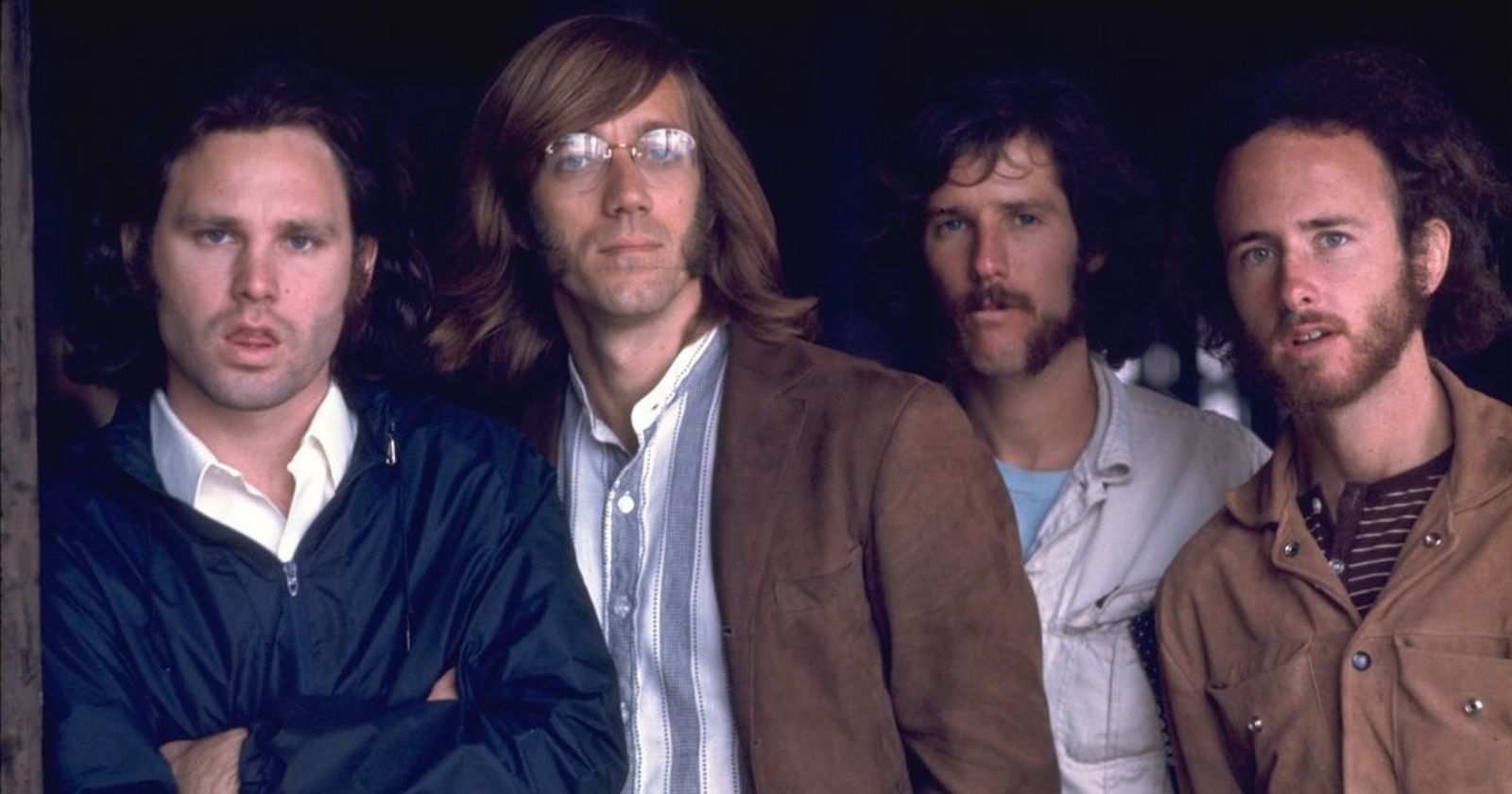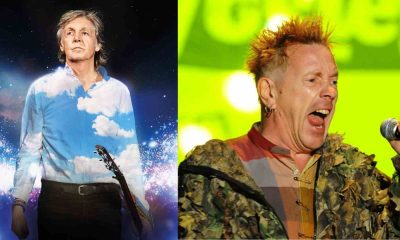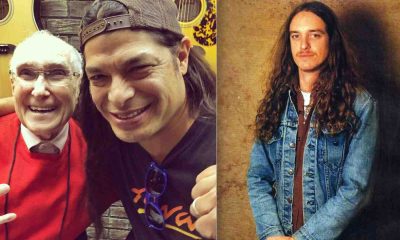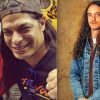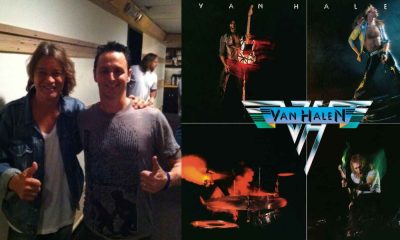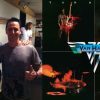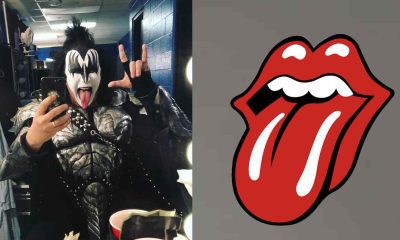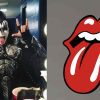ARTICLES
The reason why The Doors never had a bass player live
Formed in Los Angeles, California in 1965, The Doors was active for less than a decade and released nine studio albums that were marked forever in the history of music. They are one of the most influential groups of all time and have sold an estimated amount of more than 100 million records worldwide.
Advertisement
Jim Morrison was the singer and main lyricist, Robby Krieger the guitarist, John Densmore the drummer and Ray Manzarek the keyboardist. But wait, where is the bassist? Well, The Doors never really had a bass player live when Jim Morrison was a live, but how did they managed to make music without one?
The reason why The Doors never had a bass player live
Listening to The Doors’ discography we don’t really notice the lack of a bass player and that’s because the keyboardist Ray Manzarek would fill that Bass guitar gap with the keyboards. With one hand he focused on the keyboard parts and with the other he played that “bass” parts. He used a Fender Rhodes keyboard bass, which was “32 notes of extra low-sounding low notes, it was very easy for me to do”, Ray Manzarek told Fresh Air in 1998.
The late keyboardist explained exactly how it worked in an interview with Harvey Kubernik in 2010. “First of all, the left hand created that hypnotic Doors’ sound. For instance, during the ‘Light My Fire’ solo section, it’s an A-minor triad to a b-minor triad that just repeats like (John) Coltrane’s ‘My Favorite Things.’ The same sorta modal chord structure that Coltrane used in ‘My Favorite Things.’”
“Left-handed I’m playing the same thing over and over. The right hand is just playing filigrees, comping behind Robby Krieger, punctuating with chords. Punctuating with single notes playing with Robby Krieger. When I’m soloing I’m playing anything I want to play. And that bass line just keeps on going. It never varies and it never stops.”
He continued:
“Over and over like tribal drumming or Howlin’ Wolf playing one of his songs without any chord changes. On and on and on. The same pattern. Now, if I were to have added a live bass player to play that the guy after about 2 or 3 minutes playing the same two triad. I’ve had guys say to me, ‘I can’t do this Ray…’,” Ray Manzarek said.
According to Ray it really wasn’t physically demanding to play those bass parts live. So that shows how talented the keyboardist was because it’s something really hard to replicate. His bandmate John Densmore praised him in an interview with That Jamieson Show in 2021. The drummer said that he was so unique that he could “split his brain into two musicians”. It was only in 1972 when the band continued without Morrison, that they played live with the bassist Jack Conrad.
Sometimes they had a real bassist in the studio sessions
According to Ray Manzarek the bass keyboard didn’t really have a good sound in the studio sessions. So for some songs they needed to have a real bass player. Larry Knechtel played the bass in “Soul Kitchen”, “Twentieth Century Fox”, “Light My Fire”, “I Looked At You” and “Take It as It Comes” on their 1967 debut album.
On the second album “Strange Days” (1967) they had Doug Lubahn playing bass on almost the entire album. For “Waiting For The Sun” (1968) they had Lubahn again, playing on “Spanish Caravan”. That album had Leroy Vinnegar and Kerry Magness played the bass in “The Unknown Soldier”.
On the fourth album, “The Soft Parade” (1969) they had Lubahn again and Harvey Brooks. Both played on almost all the tracks. On “Morrison Hotel” (1970) they had two new bassists: Ray Neopolitan and Lonnie Mack, and they played in almost all the tracks.
On “L.A. Woman” (1971), the final album with Jim Morrison on vocals, they had another new bassist, which was Jerry Scheff and performed in all the tracks.
In the following albums, two as a trio: “Other Voices” (1971) and “Full Circle” (1972) they also had many other new bassists in the tracks. Same happened on the band’s final album “An American Prayer”. That record
had Jim Morrison’s voice but was released years after his death, in 1978.


